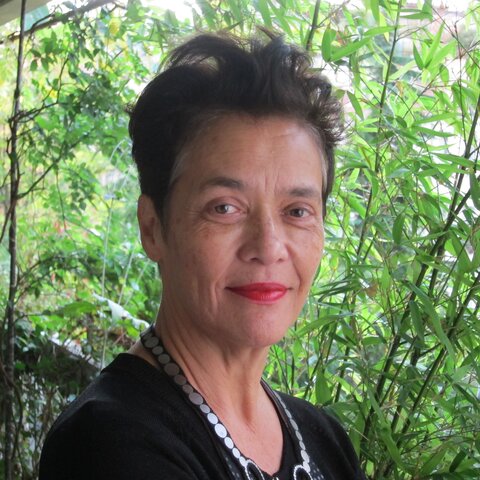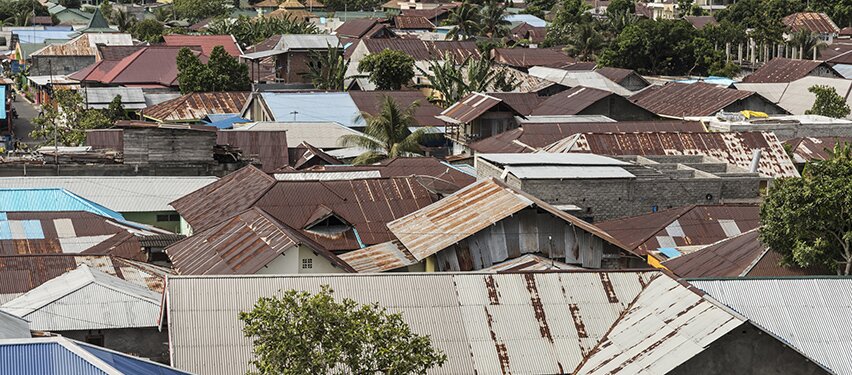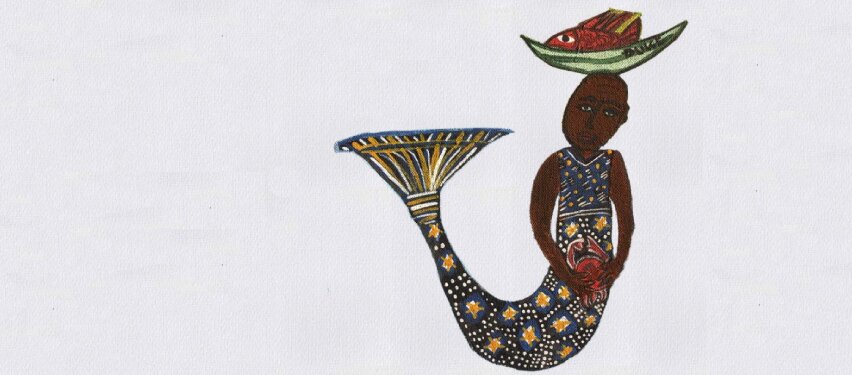Françoise Vergès


Activities

Capitalisme et (post)esclavage : pour une critique caribéenne de l’économie politique
Journée d'études | Mercredi 2 octobre 2019

Féminismes du Sud global
Conférence | Jeudi 23 mai

Féminismes du Sud global
Conférence | Jeudi 23 mai

Christianisme de la libération et justice sociale en Amérique latine. Évolutions, héritages et défis contemporains
Colloque - Jeudi 6 et vendredi 7 décembre
See all researcher activities
Published at 23 September 2016






